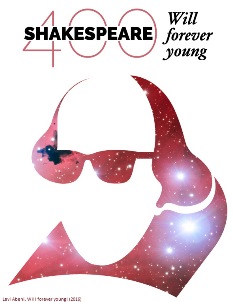“This is you”: Encountering Shakespeare with Tim Crouch
DOI:
https://doi.org/10.13130/2035-7680/9175Parole chiave:
Tim Crouch, Shakespeare, adaptation, 21st-century drama, monologue, mobilityAbstract
This essay considers Tim Crouch's "I Shakespeare", a suite of monologue plays based on "The Tempest" ("I, Caliban", 2003), "A Midsummer Night's Dream" ("I, Peaseblossom", 2004), "Macbeth" ("I, Banquo", 2005), "Twelfth Night" ("I, Malvolio", 2010) and "Julius Caesar" ("I, Cinna (the poet)", 2012). While originally designed for a young audience, Crouch's adaptations have been performed in a variety of theatrical contexts that have added new and probably unforeseen dimensions to their negotiations with Shakespeare. In my analysis I turn to the notion of mobility as a key analytical tool to elucidate the method, aims, as well as the broader cultural meaning of Tim Crouch's reworkings. In his hands, Shakespeare is mobilized as a powerful resource to activate spectators and emphasize their co-authorship in the process of theatre. Through a combination of textual strategies and performance methods, the monologues construct the identities of Shakespeare's characters as multiple and mutable and, in parallel, cast their addressees in fluid, often contradictory roles. My main line of argument is that the plays' propensity of motion is rooted in their emphasis on Shakespeare as a highly mobile cultural signifier which seems confirmed by the monologues' journeys outside the UK. The further adaptational practices triggered by these encounters with foreign audiences are testament to the flexibility of Crouch's dramaturgy of process and its aptitude to accommodate new discursive identities and adjust to each new context of reception.




